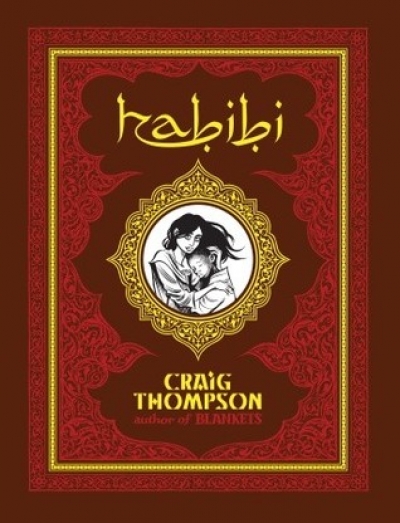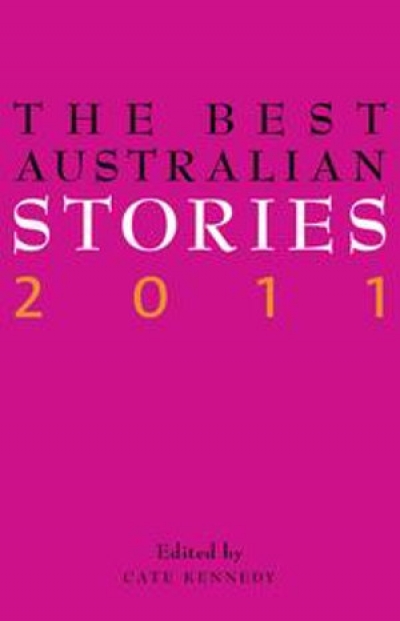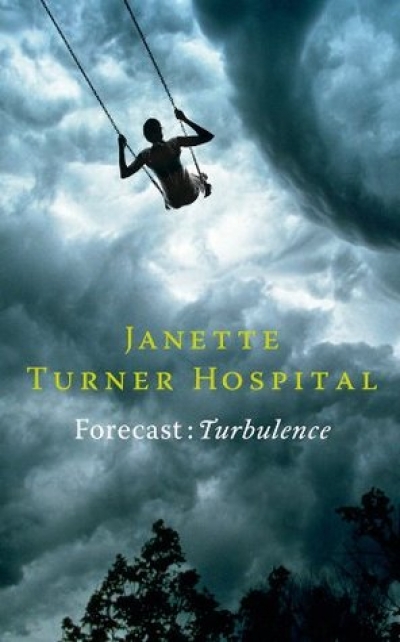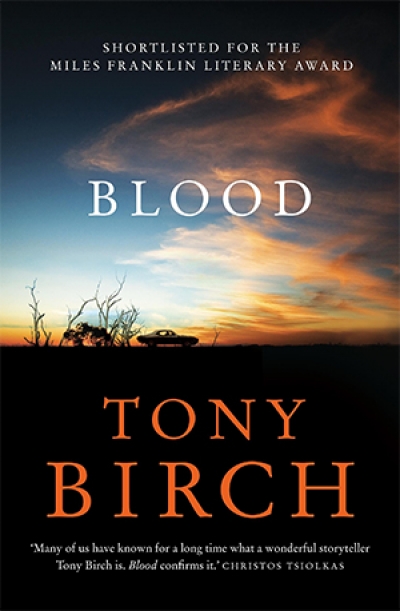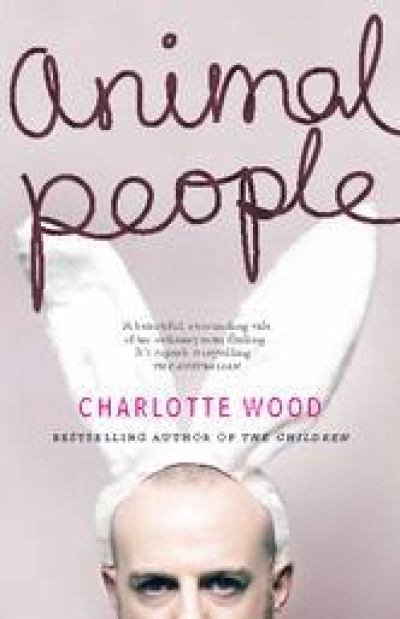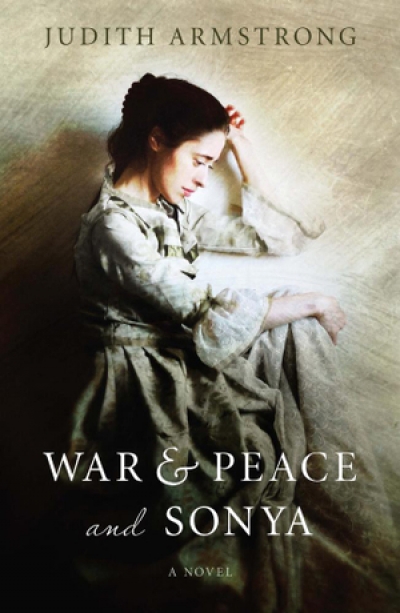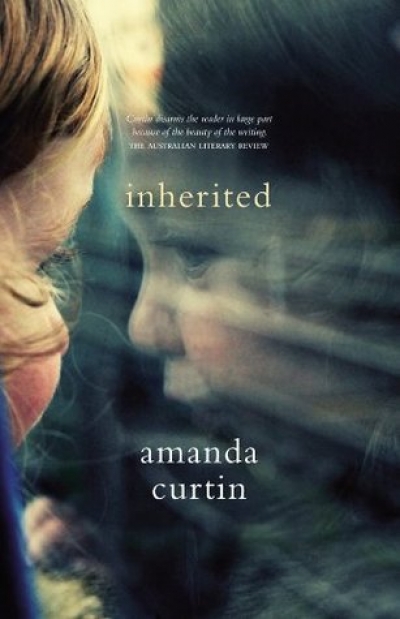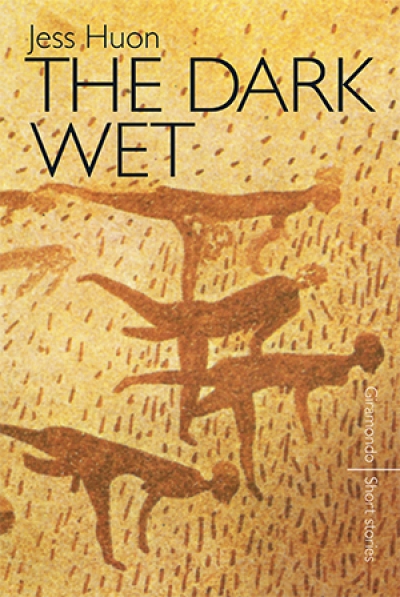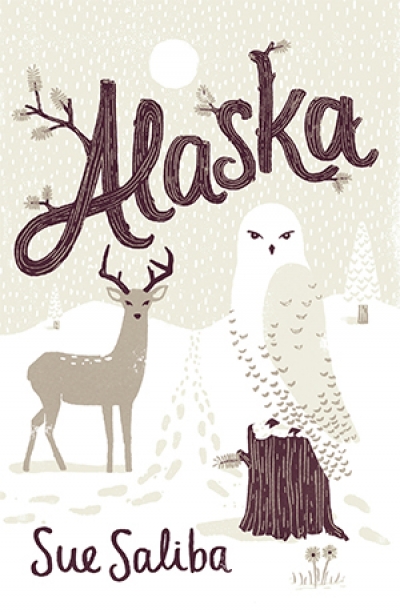Fiction
Habibi, Craig Thompson’s new graphic novel, is an epic six years in the making. Set in an unnamed Middle Eastern country, spanning ancient and modern epochs, Habibi tells the story of Dodola and Zam, child slaves who fall in love and dwell on a boat moored in a desert, before being dragged violently into lives of suffering and misery. It is a melodramatic tale full of humour, conflict, and heartbreak. It reminded me of Osamu Tezuka’s histories and of Will Eisner’s gritty, realistic fables.
... (read more)The Best Australian Stories 2011 edited by Cate Kennedy
The ABC Shop is currently selling online The Best Australian Stories 2010 for $14.99. ‘Ideal for summer reading’ its advertising says, and it surely doesn’t matter which summer. At that price you might get yourself a copy and sling it in your beach bag, unless you suspect it might dampen your holiday mood. More than a few reviewers found the overall tone of the collection bleak and negative: ‘one of the more depressing reads of the year’, wrote Chris Flynn in these pages (February 2011). If that doesn’t sound like ideal beach reading, shell out the full RRP and buy The Best Australian Stories 2011.
... (read more)Forecast: Turbulence by Janette Turner Hospital
Janette Turner Hospital, who grew up in Brisbane, has taught in Australian and overseas universities, and is well regarded as a novelist and short story writer; among several prizes she has won the Patrick White Award. The stories in her new collection, Forecast: Turbulence, are set in several places where she has lived, including Canada and the American South, where the weather is similarly violent. Despite the fact that this metaphor is flagged throughout this collection, I formed little sense of many of her characters in either place or clime.
... (read more)As Christos Tsiolkas notes in his back cover puff, Tony Birch’s storytelling skills have been widely acknowledged since the publication of Shadowboxing in 2006. Many people have been waiting to see how Birch would fare with a full-length novel. His début, Blood, is nothing short of outstanding. Birch has finally found a home at University of Queensland Press, where he has his staunch champion, John Hunter, who published Birch’s previous book of short fiction, Father’s Day (2009) under his own imprint, Hunter.
... (read more)Early in Charlotte Wood’s previous novel The Children (2007), one of Stephen Connolly’s sisters describes him as lost; she says he carries within him ‘a bedrock of resentment … never articulated and never resolved, but which has formed the foundation for his every conversation, every glance from his guarded eyes’. Readers may disagree with this harsh assessment as they read Wood’s new novel, Animal People, in which Stephen is the primary focus – this time more anxious than resentful. He is an inherently difficult character, but not a bad man. Wood unpacks him – sometimes ruthlessly – to reveal a person bewildered by the demands of all kinds of relationships.
... (read more)Judith Armstrong, a Russian and French scholar, has translated the diaries of Tolstoy’s wife, Sonya, to form the focus of her second novel. Armstrong combines an intimate knowledge of Russian literature with a close reading of the couple’s diaries to create a convincing portrait of their volatile relationship through forty-eight years of marriage.
... (read more)Inheritance is either a burden or a blessing in this selection of Amanda Curtin’s short stories. Strung like beads under evocative headings, each story addresses an aspect of love, loss, grief, or desire, and reveals Curtin’s capacity for empathetic characterisation.
... (read more)The short story form is the realm of perfection, proclaims Steven Millhauser in his 2008 New York Times essay, ‘The Ambition of the Short Story’, in which the ‘virtues of smallness’ are dissected, along with the successes and shortcomings of the genre. Jess Huon’s first short story collection, The Dark Wet, could be described in many ways, but ‘small’ is not one of them. Across three ‘sequences’, these nine stories cover much ground, not only geographically – they span from Melbourne to San Francisco to Varanasi, India – but thematically, too, exploring the confusion of falling in love with a best friend, the fuzziness at the edges of gender, the fluidity of religion or faith.
... (read more)The Coming of the Whirlpool: Ship Kings Book One by Andrew McGahan
Any novel by Andrew McGahan is likely to be a surprise, if you know his previous work, but if you were to approach this book knowing nothing about the author, there would be little about it to disturb your expectations. The cover, with its heraldic design against a marine backdrop, immediately signals its genre, and the maps on the endpapers, showing McGahan’s imagined geography of a place called New Island, confirm that this is an old-fashioned boys’ adventure novel of the heroic seafaring type. A preamble, titled ‘Fair Warning’, neatly excuses McGahan from any pretensions to oceanographic accuracy: ‘The Great Ocean rose and fell with different waves then, and different creatures moved in its depths … The ocean Dow sailed should not be confused with the lesser seas of today.’
... (read more)Alaska by Sue Saliba & Clara in Washington by Penny Tangey
Since the publication of Frank Moorhouse’s The Americans, Baby (1972), Australian literature has maintained a tense awareness of its powerful neighbour’s cultural sway over younger generations. Even the ‘Oz as’ Young Adult titles (think of Tim Winton’s Lockie Leonard series) concede, by studious omission, the impact of American cultural hegemony on the teenage imagination in Australia.
... (read more)

